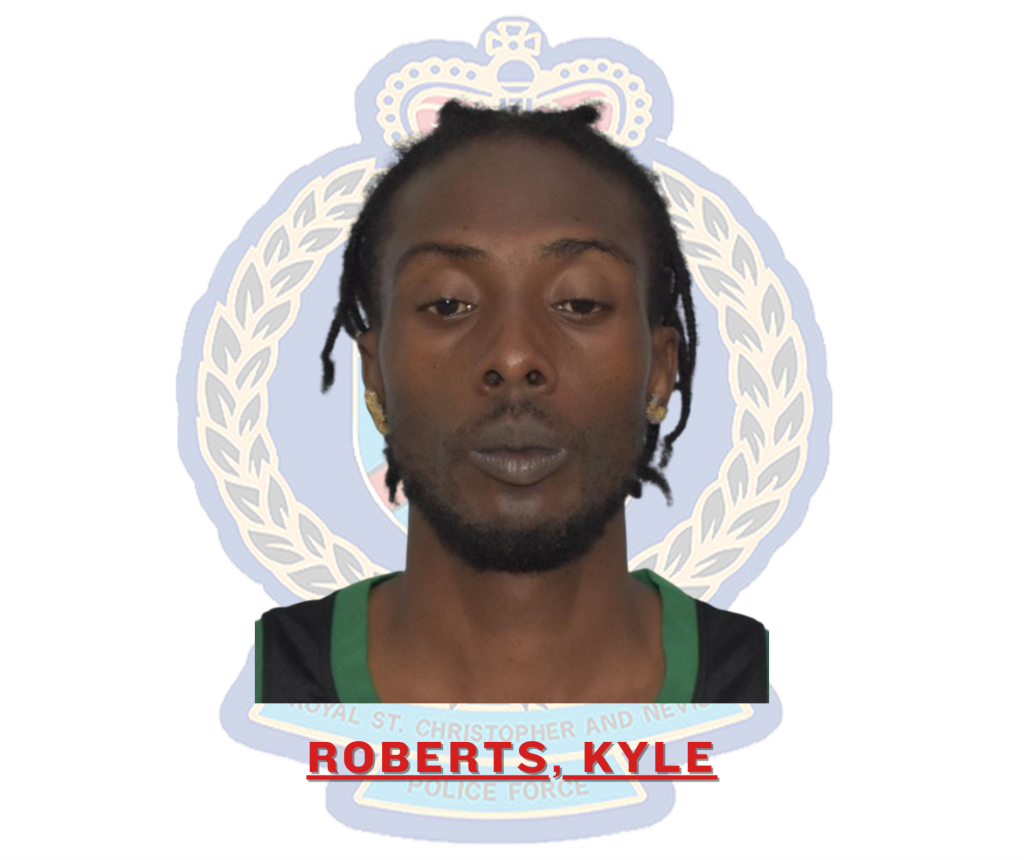Kyle Roberts Faces Drug Possession Charges
On July 14, 2025, Kyle Roberts, a resident of Market Street, St. Kitts, found himself entangled in the legal system, facing charges related to drug possession. The charges stemmed from an incident that allegedly occurred just a week prior, on July 6, 2025, in Charlestown, Nevis. The specific accusations against Roberts revolved around the possession of two distinct substances: cocaine, a highly addictive stimulant derived from the coca plant, and methylenedioxymethamphetamine (MDMA), commonly known as ecstasy, a synthetic drug with both stimulant and hallucinogenic properties. The details surrounding the circumstances of the alleged possession remain undisclosed at this stage, awaiting further investigation and legal proceedings. Following the incident and subsequent investigation, Roberts was formally charged at the Charlestown Police Station, marking the commencement of his journey through the criminal justice system.
The charges against Kyle Roberts bring into focus the ongoing struggle against drug trafficking and abuse, a challenge that transcends geographical boundaries and affects communities worldwide. Cocaine, a Schedule II drug under the Controlled Substances Act, remains a significant concern due to its highly addictive nature and the devastating impact it can have on individuals and families. Its use can lead to serious health problems, including cardiovascular complications, respiratory issues, and neurological damage. Similarly, MDMA, also classified as a Schedule I drug, poses serious health risks, including hyperthermia, dehydration, and potential long-term neurological consequences. The illicit trade of these substances fuels criminal activity and undermines the health and well-being of communities.
The legal implications for Roberts hinge on the specific laws of St. Kitts and Nevis regarding drug possession. The severity of the penalties he faces will depend on factors such as the quantity of drugs allegedly in his possession, his prior criminal record, and the specific provisions of the relevant legislation. The legal process ahead may involve a series of court appearances, including arraignment, preliminary hearings, and potentially a trial, where evidence will be presented and assessed by the court. Throughout this process, Roberts will have the right to legal representation, ensuring his defense is adequately presented and his rights protected.
The case of Kyle Roberts also underscores the importance of collaborative efforts in combating drug-related crime. Law enforcement agencies play a crucial role in investigating and apprehending individuals involved in drug trafficking and possession. However, a comprehensive approach involves more than just law enforcement. It requires collaboration among various stakeholders, including health professionals, educators, and community organizations, to address the root causes of drug abuse and provide support for those struggling with addiction. Prevention programs, treatment facilities, and harm reduction initiatives are vital components of a holistic strategy to combat the multifaceted challenges posed by drug use.
Beyond the legal and law enforcement aspects, the case of Kyle Roberts highlights the human element of the drug problem. Behind the charges and legal proceedings lies an individual whose life has been impacted by circumstances that led to his alleged involvement with controlled substances. Whether these circumstances involve personal struggles, societal pressures, or other contributing factors, addressing the underlying issues is crucial for effective intervention and rehabilitation. Supporting individuals struggling with addiction through access to treatment, counseling, and social services is essential to fostering a healthier and more resilient community.
As the case of Kyle Roberts progresses through the legal system, it serves as a reminder of the complex and interconnected challenges posed by drug use. From the legal ramifications for the individual involved to the broader societal impact of drug trafficking and abuse, addressing this issue requires a comprehensive and collaborative approach. By combining effective law enforcement with robust prevention and treatment programs, communities can work towards reducing the harm caused by drugs and supporting individuals on the path to recovery. The case also underscores the importance of understanding the underlying factors that contribute to drug involvement and providing appropriate support and resources for those struggling with addiction.
Share this content:












Post Comment